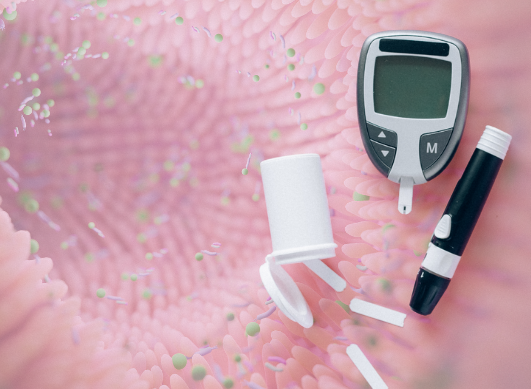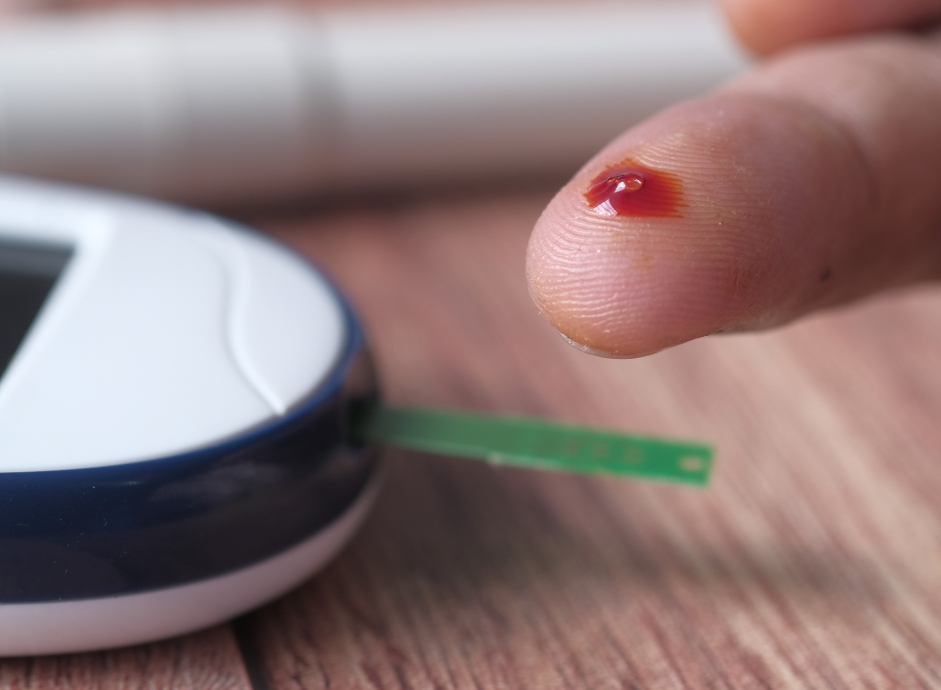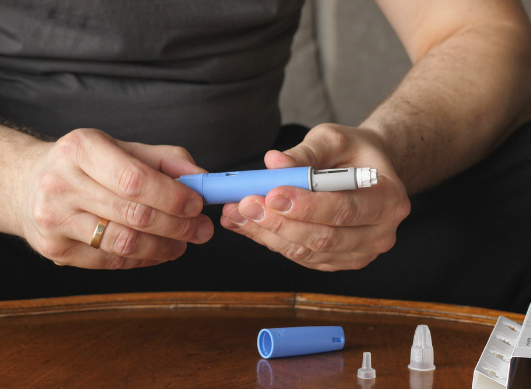- Home
- Forums
- Diabetes (Type 2) Forum
- Symptoms and complications of type 2 diabetes
- Diabetes: Fridge temperature may make insulin less effective
Patients Diabetes (Type 2)
Diabetes: Fridge temperature may make insulin less effective
- 64 views
- 1 support
- 1 comment
All comments

Unregistered member
29/10/2018 at 14:32
Hi Ya'll. Sorry for the delay in responding, lousy flare up again.
My insulin both 'Humalin' and 'NovaRapid' as well as my 'Cosentyx' (Biologics) are kept between 4*& 6* in the fridge basket in the middle of the fridge. No problems with them yet,
Catch you all later.... Lol
Give your opinion
Survey
Survey
Members are also commenting on...
Articles to discover...
Medication fact sheets - patient opinions...
Subscribe
You wish to be notified of new comments
Your subscription has been taken into account









JosephineO
Community managerGood advisor
JosephineO
Community manager
Last activity on 15/07/2024 at 09:21
Joined in 2018
989 comments posted | 16 in the Diabetes (Type 2) Forum
7 of their responses were helpful to members
Rewards
Good Advisor
Contributor
Committed
Explorer
Evaluator
Friend
New research that set out to analyze the temperatures at which people living with diabetes store their insulin is now warning against the perils of improper storage for the quality and effectiveness of the hormone.
More than 30 million people in the United States are currently living with diabetes. Around 95 percent of these people have type 2 diabetes. People with type 1 diabetes need to have insulin injections or have insulin delivered with a pump in order to survive.
Though some people with type 2 diabetes can control their blood sugar levels using lifestyle changes and medication, many of them also resort to insulin to regulate blood sugar.
Insulin is absolutely vital for helping cells get access to glucose and use it for energy. Without it, the person's blood sugar levels skyrocket, leading to hyperglycemia.
According to estimates from the Centers for Disease Control and Prevention (CDC), as many as 2.9 million U.S. individuals take only insulin, and another 3.1 million take insulin in addition to their medication.
A new study, however, suggests that many of these people might not get the full benefits from their insulin therapy; the hormone may be stored at incorrect temperatures in people's domestic fridges, which could make it less effective.
It was led by Dr. Katarina Braune from Charité – Universitaetsmedizin Berlin in Germany alongside Prof. Lutz Heinemann, from Sciences & Co in Paris, France, and the digital health company MedAngel BV.
Dr. Braune and colleagues presented their findings at the European Association for the Study of Diabetes Annual Meeting, held in Berlin, Germany.
Insulin kept improperly for 2.5 hours per day
Insulin needs to be stored in a refrigerator at a temperature around 2–8°C (36–46°F) in order for it to be effective. If carried in a pen or vial, it must be stored around 2–30°C (36–86°F).
Dr. Braune and her colleagues examined the temperature at which insulin was stored in domestic fridges and carried around by 388 people with diabetes living in the U.S. and European Union.
They installed temperature sensors next to the volunteers' home fridges or in their diabetes bags. These sensors took measurements automatically every 3 minutes, or 480 times per day, for a period of 49 days.
The measurements were sent to a database though an app. Overall, the analysis comprised 400 temperature logs, 79 percent of which fell outside of the temperature guidelines.
The analysis found that 11 percent of the time — or 2 hours and 34 minutes each day — the insulin was stored in the fridge at improper temperatures. Carried insulin fell outside of recommendations only 8 minutes per day.
Freezing was also a significant problem, with sensors detecting temperatures below 0°C around 17 percent of the time, or 3 hours per month.
Dr. Braune comments on the findings, saying, "Many people with diabetes are unwittingly storing their insulin wrong because of fluctuating temperatures in domestic refrigerators."
"When storing your insulin in the fridge at home, always use a thermometer to check the temperature. Long-term storage conditions of insulin are known to have an impact on its blood-glucose-lowering effect."
She continues, "For people living with insulin-dependent diabetes who take insulin several times a day via injections or continuously administer insulin with a pump, precise dosing is essential to achieve optimal therapeutic outcomes."
"Even gradual loss of potency introduces unnecessary variability in dosing," adds Dr. Braune, who warns, "More research is needed to examine the extent to which temperature deviations during domestic storage affect insulin efficacy and patient outcomes."
Are you surprised by these findings? Are you storing your insulin safely?
Medical News Today